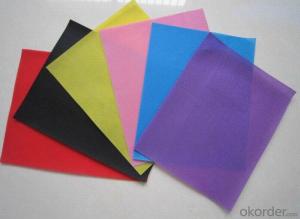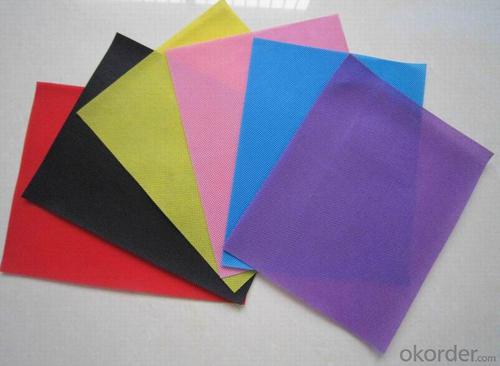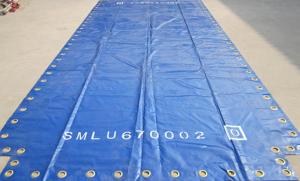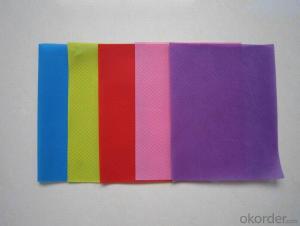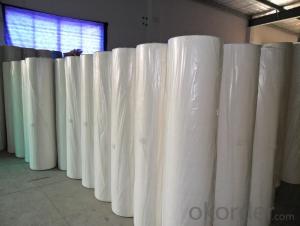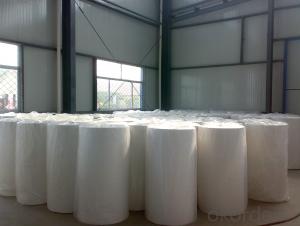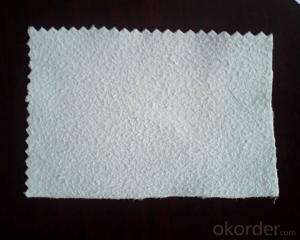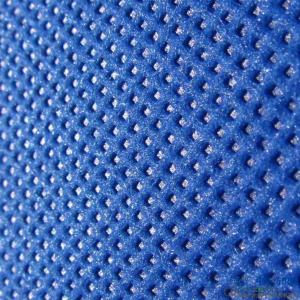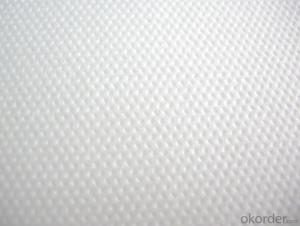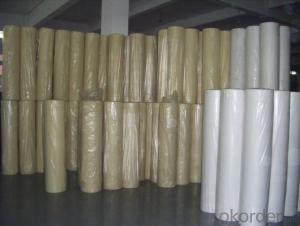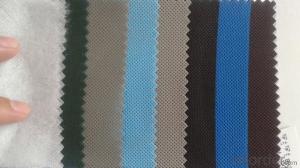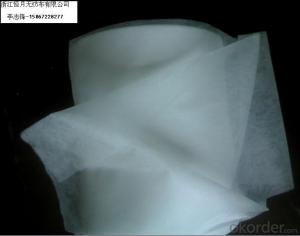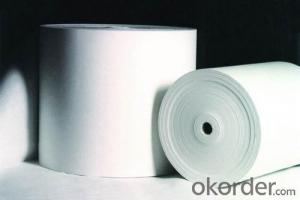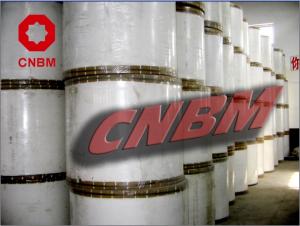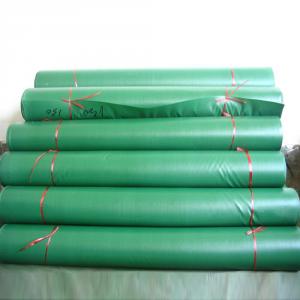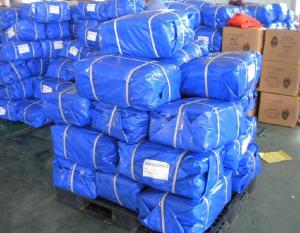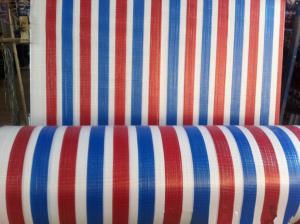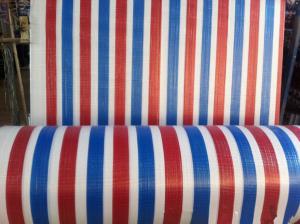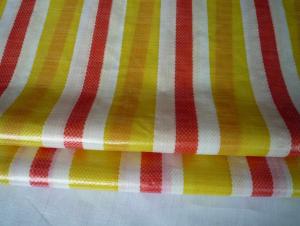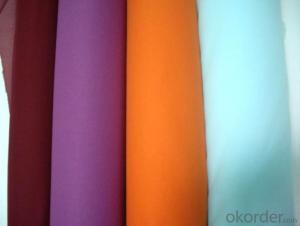oem nonwoven/oem agriculture non woven/oem agriculture non woven fabric
- Loading Port:
- Shanghai
- Payment Terms:
- TT OR LC
- Min Order Qty:
- 1000 roll
- Supply Capability:
- 10000 roll/month
OKorder Service Pledge
OKorder Financial Service
You Might Also Like
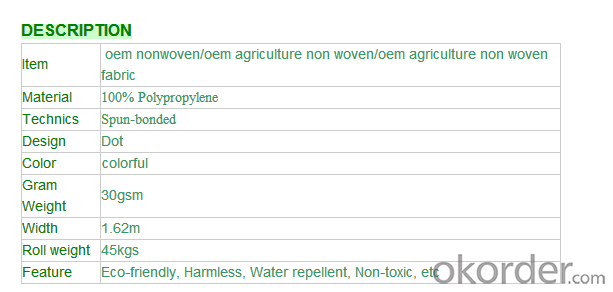 PP non woven weed control mat is made of environmentally friendly raw materials, pp spunbond nonwoven fabric. It used to prevent the growth of weed, without the use of potentially dangerous chemical sprays or labor intensive hoeing. Once installed, weed mat will continue providing protection for years without maintenance.
PP non woven weed control mat is made of environmentally friendly raw materials, pp spunbond nonwoven fabric. It used to prevent the growth of weed, without the use of potentially dangerous chemical sprays or labor intensive hoeing. Once installed, weed mat will continue providing protection for years without maintenance.
They are permeable fabrics, which allow air, water and nutrients to pass through, and designed to block out the sun to reduce photosynthesis and stop weed growth.
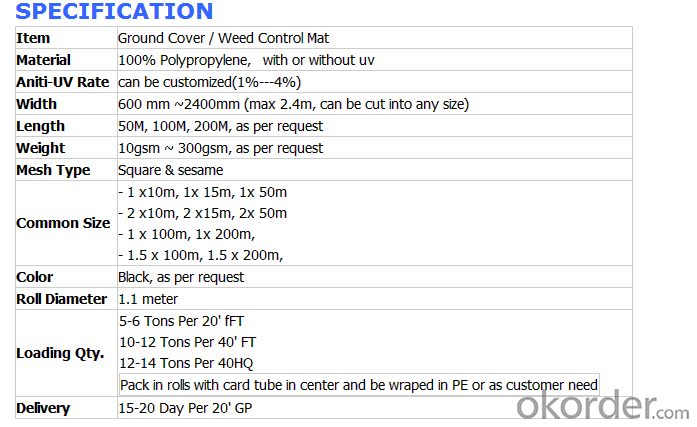
The use of landscaping fabrics has become extremely popular in recent years for many reasons:
1. Leisure time is maximised - the need for weeding and on-going maintenance is minimised
2. Environmentally friendly - no need for chemical based weed killers
3. Promotes healthier plants - it allows the soil to breath and water to permeate
We offer different types of weed control fabrics to suit all applications and budgets.
1. Available in a range of sizes & materials to suit various applications from small to large landscaping projects, in both commercial and domestic situations.
2. All our landscape fabrics are UV stabilised
3. Ideal for use under paths, patios, decking, paving, bark mulch, gravel etc.
FEATURES:
1. Weed suppressant and drainage control landscaping fabric
2. Spun bonded non-woven fabric – will not fray when cut
3. Easy to use
4. Environmentally friendly
5. Allows water, air and nutrients through, suppressing weeds without the use of chemicals
6. Good alternative to Plantex® where cost is a factor
7. UV Stabilised
8. Reduces the level of watering required due to the slower rate of water evaporation
FUNCTION:
1. Cover crops in the ground surface,prevent weeds and against the insect
2. Controlling soil humidity and the temperature
3. Does not affect the growth of the crops
4. Protects plants from harmfully solar radiation
5. Air permeability, water permeability help crops growth.
6. Mothproof, eco-friendly, breathable, anti-bacteria, tear-resistant, fusible
APPLICATIONS:
1. Weed block for landscaped garden beds
2. Permeable liners for planters (stops soil erosion)
3. Weed control under wooden decking
4. Geotextile for separating aggregate / soils under walkway blocks or bricks
5. Assists in preventing paving from settling unevenly
6. Landscape fabric prevents soil erosion
Health - Hygiene & Medical
Surgical Gowns
Gloves
Face Masks
Foot covers
Diapers
Caps
Bedsheets
Curtains
Pillow Covers
Slippers
Packaging
Sleeping Bags
Tarpaulins
Tents
Artificial Leather
Bags for Rice/Sugar etc.
Luggage
Vacuum Cleaner Bags
Tea and Coffee Bags
Buff Pads
Shopping Bags
Agriculture
Crop Covers
Turf Protections
Nursery Over wintering
Weed Control Fabrics
Root Bags
Containers
Capillary Matting
Other types of covers
Furniture Upholstery
Roofing and Tile Underlayment
Acoustical Ceilings
Insulation
House wrap
Pipe wrap
Sofa and Mattress Lining
Shoes & Garments
Coveralls
Pillow cases
Airline Headrests
Interlinings
Clothing and Glove insulation
Bra and Shoulder Padding
ADVANTAGES:
1. Lower labour costs as no weeding maintenance for years;
2. Water seeps through and can conserve soil moisture for improved growing conditions;
3. Air escapes – humidity rises through the mat for a more controlled growing environment;
4. Increase crop yields close to 25% due to improved growing conditions and absence of water stress and competition of nutrients absorption from weeds;
5. Minimises bacteria and fungus problems especially Algae;
6. Strong, woven construction or pressed fibre sheet resists tears and punctures;
7. Resistant to mildew, rot, water, sunlight and most of the agricultural chemicals
8. Fertilizer is applied on the mat, thus helping the owner or estate manager to monitor the progress of manuring;
9. Prevents soil erosion or leaching of soil nutrients or fertilizers applied;
10. Environmental friendly.
- Q: The problem of anti - splashing of textile fabrics
- Better water repellent treatment is divided by water pressure is not left without traces of the high, if you must leave no trace you can wax
- Q: Development of Textile Fibers.
- From the international environment, the international market is still a large expansion of space and opportunities. With the end of 2007, China and the EU textile limit expires, the end of 2008 the end of the Sino-US textile quota limit, the Chinese textile quota era is approaching, accounting for more than 60% of the global textile market share of the region fully open, will bring to China's textile trade Great opportunity.
- Q: What is the "gold and silver wire" used in the textile industry?
- Gold and silver silk "material is mainly aluminum, plus the required color of the paint
- Q: How to make fibrous textiles for waste plastic bottles?
- Extraction of plastic from plastic bottles to produce a variety of products, both to solve the waste bottle "white pollution", but also received considerable economic benefits. This environmentally friendly win-win model has been adopted by more and more enterprises in the industry.
- Q: What is a textile fabric?
- But also to distinguish a few concepts: people cotton fabric: that is not dyeing or other finishing or processing of the loom down the cloth. The premise is that people cotton, so of course pure glue rather than blended.
- Q: Processing of textiles, processed products were detected formaldehyde exceeded, how to deal with
- Formaldehyde is volatile, soluble in water substances; according to this feature, so formaldehyde after washing or ventilation will disappear
- Q: China is now optimistic about which one of the textile industry
- I am undergraduate is a textile engineering, graduate students for the dyeing and finishing, the textile industry more understanding, that the industry with all the future!
- Q: How does the chemical composition of the textile be analyzed?
- The chemical composition of a substance refers to the proportion of each chemical element, expressed in experimental form
- Q: Today, the national textile market prospects
- We have never doubted that the difficulties will be over, but did not expect the outcome so beautiful, completely exceeded expectations. At the beginning of the year, Sun Yukie, deputy general manager of Ningbo Lion Dan Nu Group Co., Ltd., was feeling that in the first quarter of 2009, the company's orders were reduced by 50% and sales fell by 19%. By the end of the year, operating income increased by 11.1% 38.1%. "
- Q: Jiangsu Province, more than a large number of textile and garment industry
- Nantong is China's famous textile base, but also the country's 12 textile export base and one of 10 clothing export base. The textile industry is an irreplaceable pillar industry in Nantong's industrialization process and regional economic development.
Send your message to us
oem nonwoven/oem agriculture non woven/oem agriculture non woven fabric
- Loading Port:
- Shanghai
- Payment Terms:
- TT OR LC
- Min Order Qty:
- 1000 roll
- Supply Capability:
- 10000 roll/month
OKorder Service Pledge
OKorder Financial Service
Similar products
Hot products
Hot Searches
Related keywords
